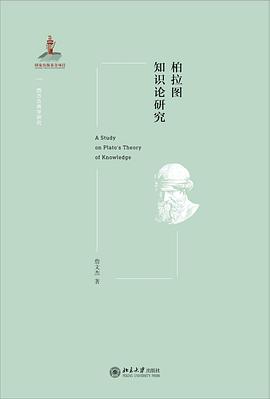

具体描述
In this book, Colin McGinn presents a concise, clear, and compelling argument that the origins of knowledge are innate -- that nativism, not empiricism, is correct in its theory of how concepts are acquired. McGinn considers the particular case of sensible qualities -- ideas of color, shape, taste, and so on. He argues that these, which he once regarded as the strongest case for the empiricist position, are in fact not well explained by the empiricist account that they derive from interactions with external objects. Rather, he contends, ideas of sensible qualities offer the strongest case for the nativist position -- that a large range of our knowledge is inborn, not acquired through the senses. Yet, McGinn cautions, how this can be is deeply problematic; we have no good theories about how innate knowledge is possible. Innate knowledge is a mystery, though a fact.
McGinn describes the traditional debate between empiricism and nativism; offers an array of arguments against empiricism; constructs an argument in favor of nativism; and considers the philosophical consequences of adopting the nativist position, discussing perception, the mind--body problem, the unconscious, metaphysics, and epistemology.
作者简介
Colin McGinn has taught philosophy at institutions of higher learning including University College London, Rutgers University, and Oxford University. He is the author of The Character of Mind, Consciousness and Its Objects, The Meaning of Disgust, Philosophy of Language: The Classics Explained (MIT Press), Prehension: The Hand and the Emergence of Humanity (MIT Press), and other books.
目录信息
读后感
评分
评分
评分
评分
用户评价
相关图书
本站所有内容均为互联网搜索引擎提供的公开搜索信息,本站不存储任何数据与内容,任何内容与数据均与本站无关,如有需要请联系相关搜索引擎包括但不限于百度,google,bing,sogou 等
© 2025 book.wenda123.org All Rights Reserved. 图书目录大全 版权所有




















